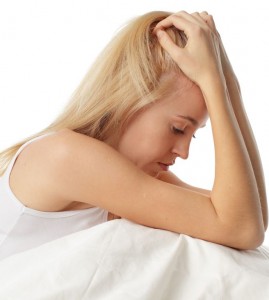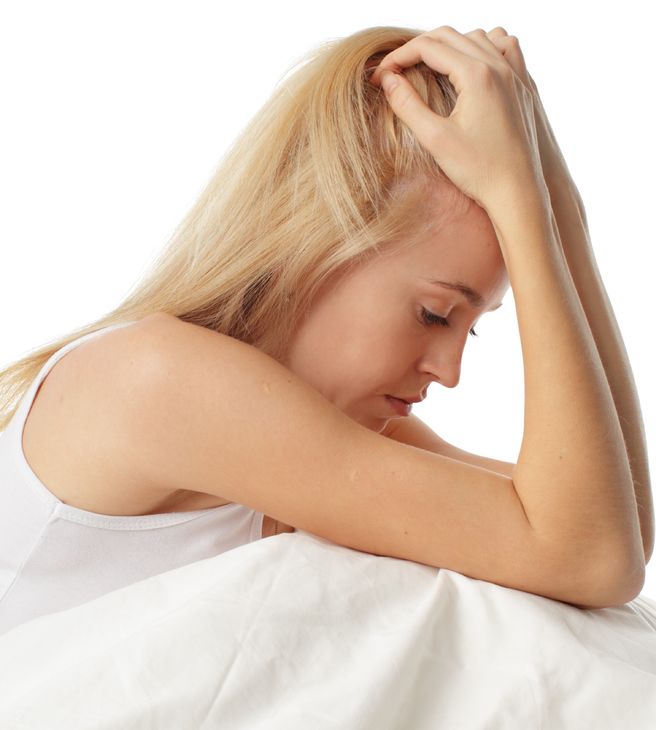According to a study from researchers at the Centers for Disease Control and Prevention (CDC), breathing problems during sleep may increase the risk of depression.
The researchers used data collected from 9,714 adults who participated in the National Health and Nutrition Examination Survey, which is an ongoing study conducted by the CDC. The study participants were considered to have depression based on their answers to a questionnaire asking how often they experienced symptoms of depression. 3 percent of women and 6 percent of men in the study reported having sleep apnea that had been diagnosed by a licensed physician.
Women with sleep apnea, a sleep disorder in which breathing becomes shallow and/or pauses during sleep, were 5.2 times as likely to have depression compared with women without the condition. Men with sleep apnea were 2.4 times as likely to have depression as men without the condition. Study participants who had other breathing problems also had an increased risk of depression.
Both depression and breathing problems during sleep are under diagnosed but, very common. Screening people who have one disorder for the other, could lead to better diagnosis and treatments.
Although no cause-and-effect link was found, the association is one not to take lightly. Another study found that people who received treatment for sleep apnea showed improvement in their depression. The association may be partially explained by the fact that breathing problems cause fragmented sleep and may cause low levels of oxygen in the blood during sleep.
Sleep apnea is also linked to a higher risk of cancer, diabetes, heart disease and many other serious health issues. Consult with a licensed physician if you have any breathing problems, trouble falling asleep or staying asleep.



Comments are closed.